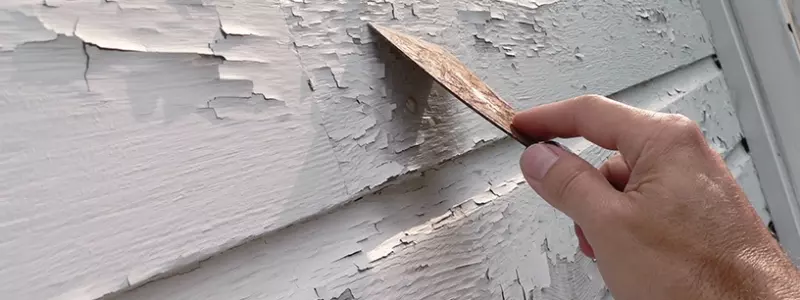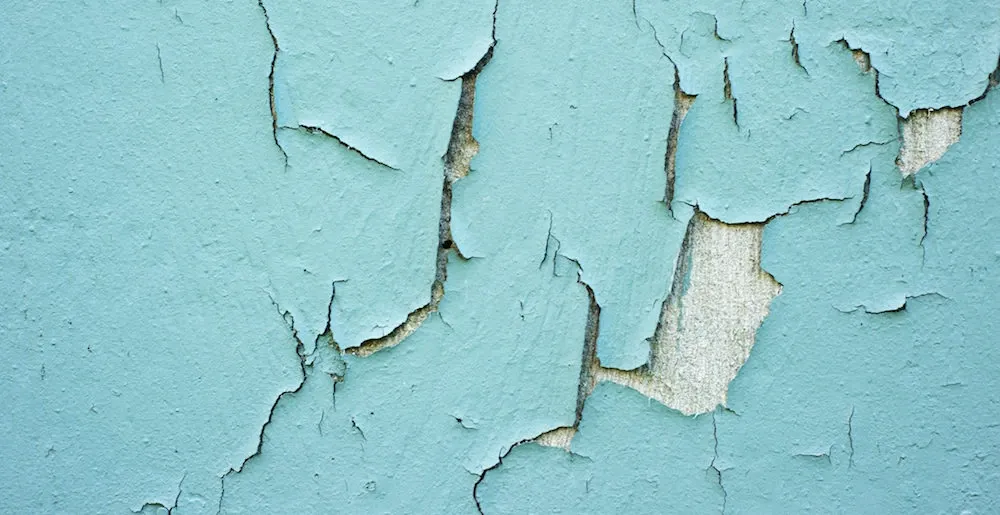Lead paint is paint consisting of high levels of lead. The lead is used as a pigment and will also be used to accelerate the drying process. The lead will also allow the paint to be more durable and will help it be more resistant to corrosion.
Lead paint in many countries is prohibited for domestic use within the home. This is due to its extremely hazardous properties and environmental concerns. Although it is prohibited lead paint may still be present in old homes as the regulations are somewhat new with the US passing the regulation in 1978.
Lead paint can mainly be found in things such as road markings due to its highly durable traits.
How do you get rid of lead paint?
As lead based paint is considered hazardous waste, you cannot simply pour this down the drain or outside into the soil.
Pouring lead based paint down the drain/sink can cause blockages with not only your sewage system but also the locale neighboring systems.
Pouring this type of paint into the ground will be quickly absorbed by the soil leaving traces of lead that will be absorbed by the soil and onto near by plants which will cause them to become toxic. The two above methods are also considered illegal in many countries and can come with a large fine.
To dispose of lead paint properly you will either want to let the paint dry, which you will want to lead the tin open in a well ventilated area that is not reachable by animals/pets or children mixed with sawdust or cat litter. This will allow the paint to dry and become hard. You will then be able to dispose of this easier following your local guidelines.
It is always best to contact your locale council to determine the best way to dispose of the hazardous waste as they may have a solution in place to dispose of lead paint responsibly.

Is lead paint bad for the environment
Lead is highly toxic to the environment as it will remain indefinitely. Not only is lead toxic to humans but if disposed of incorrectly it will make it's way into soil and water ways. This can poison plants and in some cases plants will absorb small amounts of lead which can then make their way into the food chain for both animals and humans.










